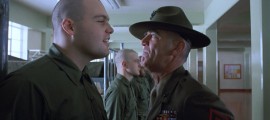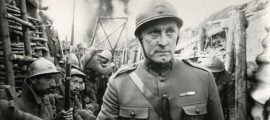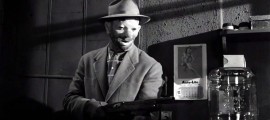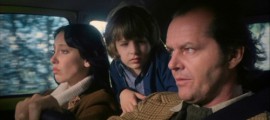Stanley Kubrick
Stanley Kubrick (July 26, 1928 – March 7, 1999) was an American film director, screenwriter, producer, cinematographer, editor, and photographer.
Kubrick is noted for his attention to detail and evocative use of music. A demanding perfectionist, he assumed control over most aspects of the filmmaking process, from direction and writing to editing, and took painstaking care with researching his films and staging scenes, working in close coordination with his actors and other collaborators. He often asked for several dozen retakes of the same scene in a movie, which resulted in many conflicts with his casts. Despite the resulting notoriety among actors, many of Kubrick’s films broke new ground in cinematography. The scientific realism and innovative special effects of 2001: A Space Odyssey (1968) were without precedent in the history of cinema, and the film earned him his only personal Oscar, for Best Visual Effects. Steven Spielberg has referred to the film as his generation’s “big bang”, and it often tops polls of the greatest films ever made. For the 18th-century period film Barry Lyndon (1975), Kubrick obtained lenses developed by Zeiss for NASA, to film scenes under natural candlelight. With The Shining (1980), he became one of the first directors to make use of a Steadicam for stabilized and fluid tracking shots. While many of Kubrick’s films were controversial and initially received mixed reviews upon release—particularly A Clockwork Orange (1971), which Kubrick pulled from circulation in the UK following a mass media frenzy—most of his films were nominated for Oscars, Golden Globes, or BAFTA Awards. His last film, Eyes Wide Shut, was completed shortly before his death in 1999.
Movies directed by Stanley Kubrick:
-
2001: A Space Odyssey
Mankind finds a mysterious, obviously artificial, artefact buried on the moon. With the aid of intelligent computer HAL9000, astronauts set off on a quest.
-
Full Metal Jacket
A U.S. Marine observes the effects the Vietnam War has on his fellow Marine recruits from their brutal basic training to the bloody street fighting set in 1968 Hue, Vietnam.
-
Paths of Glory
When soldiers in WW1 refuse to continue with an impossible attack, their superiors decide to make an example of them.





